Exact Answer: After about 2 days
It’s about one day or two days in the intensive care unit (ICU) after the surgery. Then you will be transferred to the regular surgical ward. The aortic valve is present in the heart which separates the ventricular passage and the aorta. It is very important to regulate the blood flow incorrect direction and inhibits the backflow of the blood to the left ventricle.
There are many diseases related to the Aortic valve due to which people go for surgery (repair or replacement) of the Aortic valve. The first choice is the aortic valve repair and then the replacement but there are certain circumstances where u can’t go for valve repair. It’s up to Doctors who will do certain examinations and will advise which surgery is best for that.
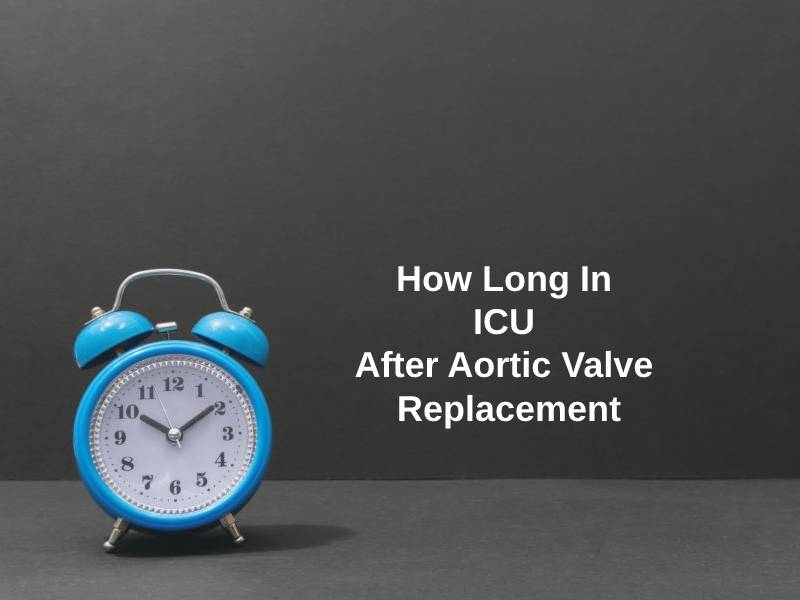
How Long In ICU After Aortic Valve Replacement?
| Condition of patient | Time |
| Normal cases | 2 days |
| In cases of complications | 7 days |
Although the treatment plan is a bit clumsy and needs a period to recover it is very common nowadays. When you discover that your valve is malfunctioning and your doctor suggests you for surgery then naturally u have lots of questions around your mind. The question may include the risk factors, the restations post-operation, the time duration of recovery, pain management, etc. All these queries will be solved by your doctor before the surgery so don’t take this as a headache.
At first, one needs to have the proper knowledge regarding the cause of the aortic disease. Mainly the heart disease may occur due to congenital heart disease and other causes are due to aortic valve stenosis or regurgitation. In congenital heart disease cases, the patient is having an improper shape and size of the valve which creates a problem during pumping and flow of the blood from the ventricle. If the person is suffering from aortic valve stenosis, either of both of the cusps of the valves of the heart may have thickened. Those cusps may even have got stiff which may be the result of narrowing of the opening of the aortic valves. This may result in a blockage of blood flow through the valves.

Where in the case of valve regurgitation the blood from the aorta flows back to ventricles due to improper closing of the valve. In all cases, a doctor will decide the plan of treatment. Not all the malfunctioning valves will indicate a replacement they may need some repair. When you go for a repair this will be less clumsy and the natural functioning and parts will intact, but in case of replacement, the whole defect valve will be replaced by an artificial one.
Why Should One Stay So Long In ICU After Aortic Valve Replacement?
Immediately after the surgery, the patient will be administered to the ICU ward, where the patient will be connected through a ventilator so you wouldn’t be able to drink and eat further it will be replaced by an oxygen mask. In the first 2 hours after surgery, you will keep asleep or unconscious. your nurse and doctors keep on monitoring the heart, lungs, and bodily functions. After the results of the test, the patient would be taken to the surgery ward as and when advised by the doctor.
Whenever he thinks you are ready for that. This stay at ICU is about 2 days in most cases. Even after shifting to surgical wards, there will be several tubes and monitoring devices attached to your body for few days so don’t afraid of that. These may include chest drains, pacing wires, wires attached at center pads, and a catheter. Always stay positive so that your family can get relief looking you happy. The whole medical team by working together focuses on bringing back to normal walking talking life. They look after how to increase the appetite. there will one cardiac rehabilitation team that will help you to get back to life.

Above all the question of your discharge comes then, you will be discharged soon after you come to a stable condition. However, the exact time when the patient would be ready to move out of ICU depends on the rate of recovery of the patient. However, generally, the patients are released within a week or even sooner if the patient is in a progressive condition. On improvement of the situation, you will be discharged from the hospital soon. After returning home, you need to start walking and gentle exercise but in a slow process. Don’t try to do too much of anything, doctors can give you the instructions to follow.
Conclusion
Aortic valve replacement operation is a major operation, so there are some side factors are there which include pain and discomfort, swelling and redness around your face which will eventually fade away with time, loss of appetite is seen in most of the cases. Some other side effects like insomnia, and constipation may be found.
Talk to your doctor or nurse about how to deal with this, they can help you to get over this. Don’t be panic because these symptoms are seen in most major operations. Overall the treatment plan depends upon the type of surgery you have gone through. Your doctor will prescribe some post-operative medicines including painkillers which should be taken according to the prescription.

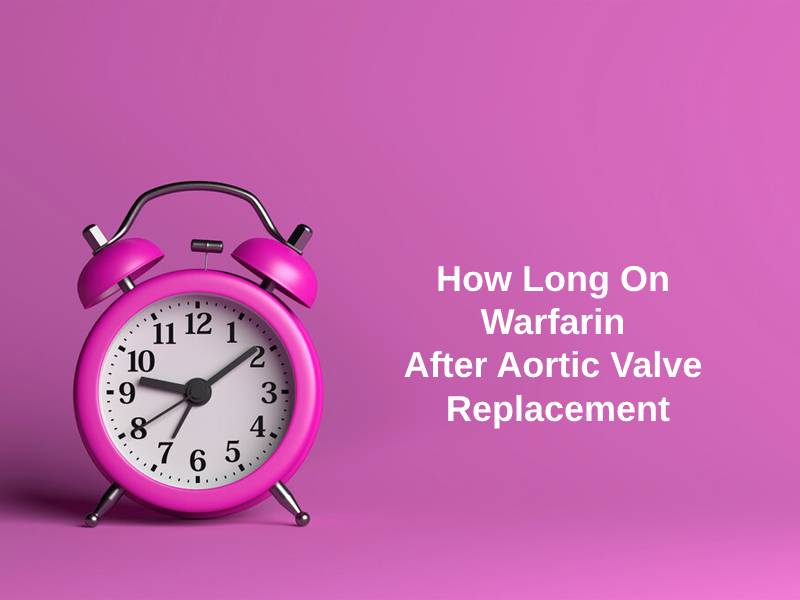
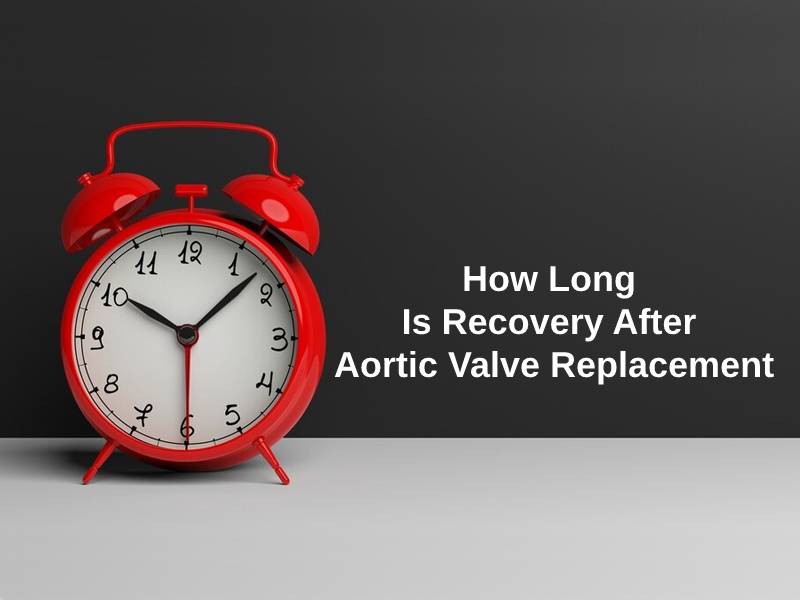
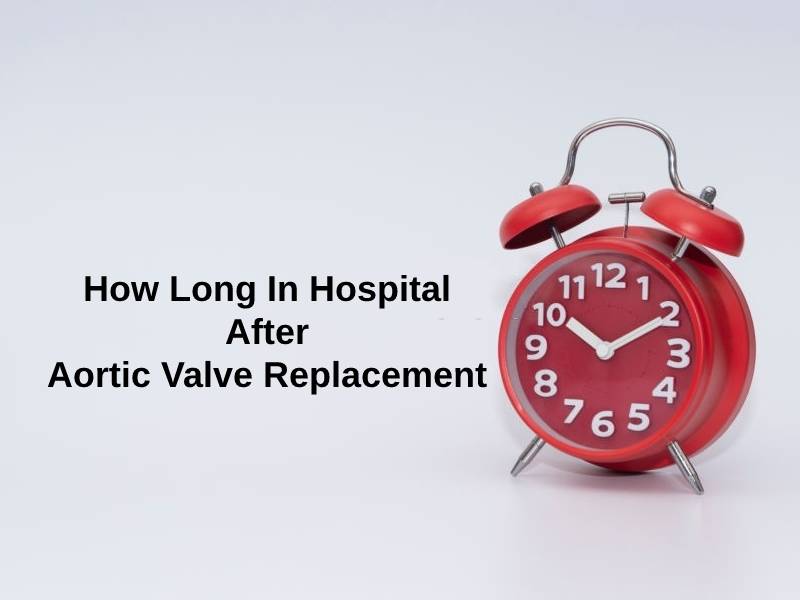
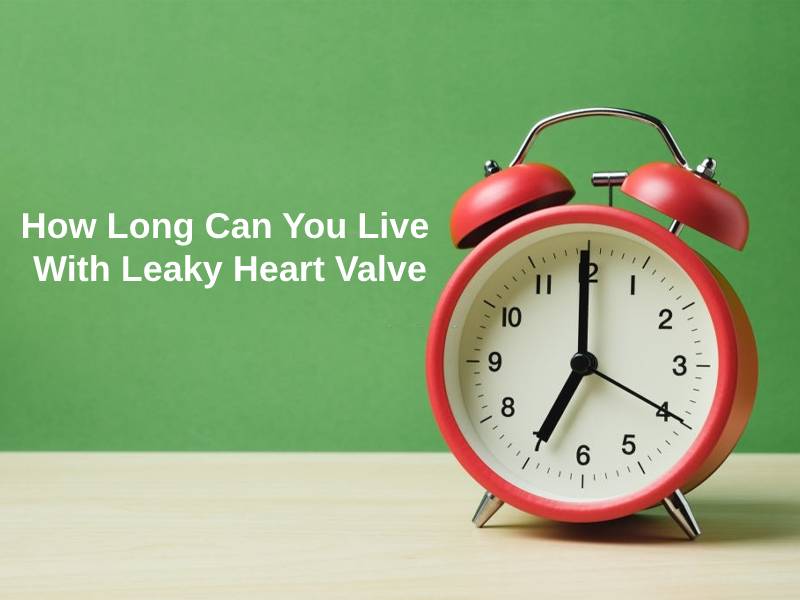
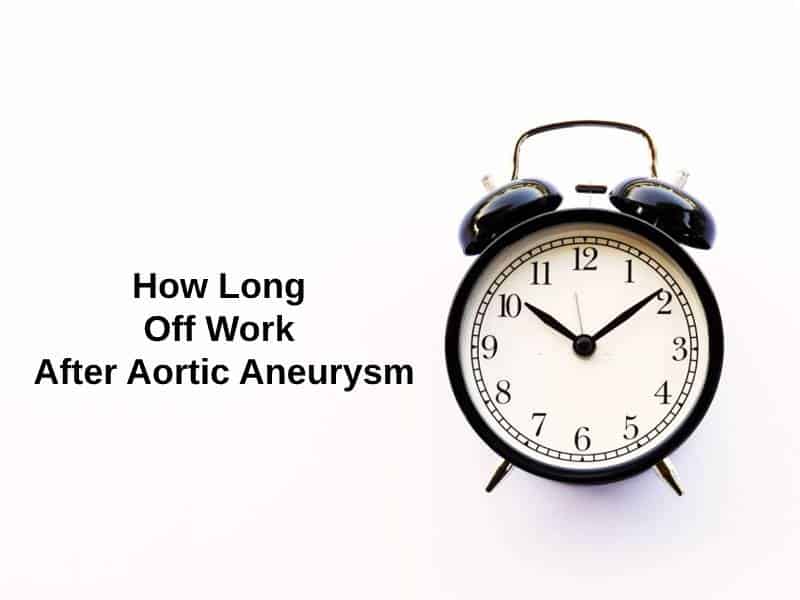

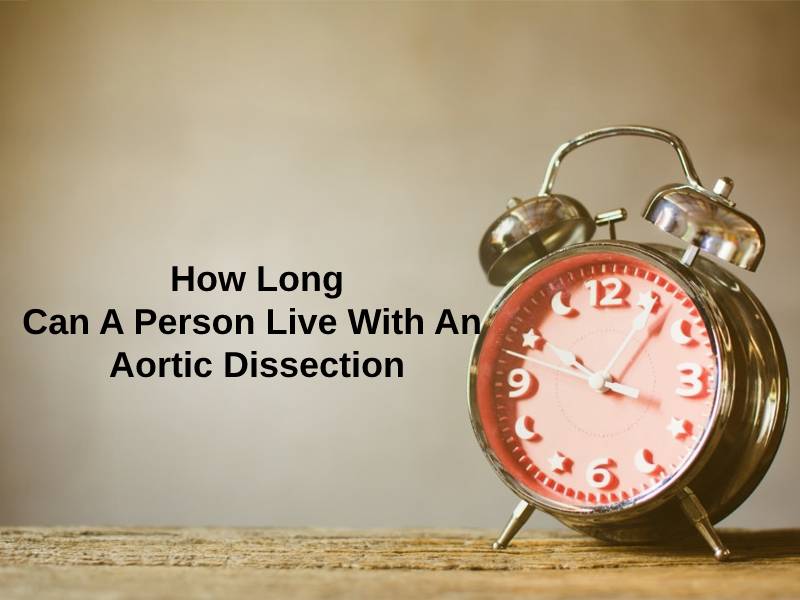
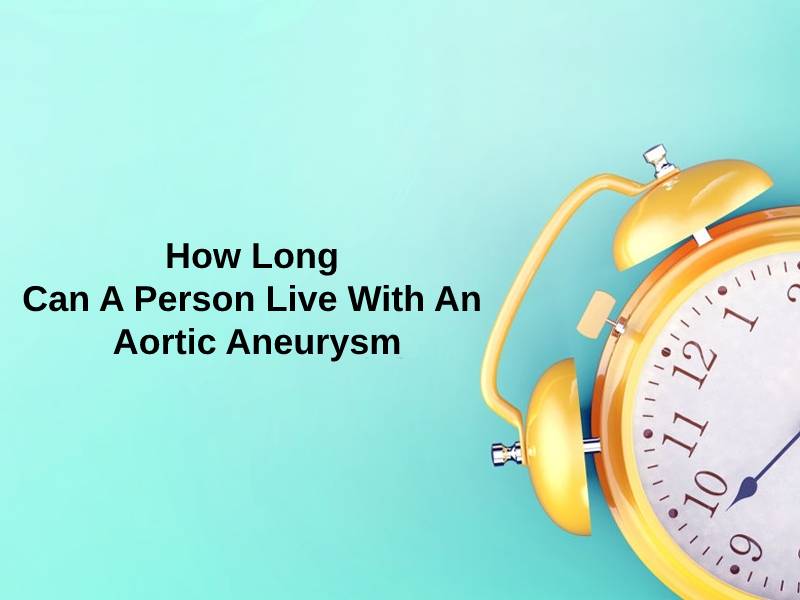
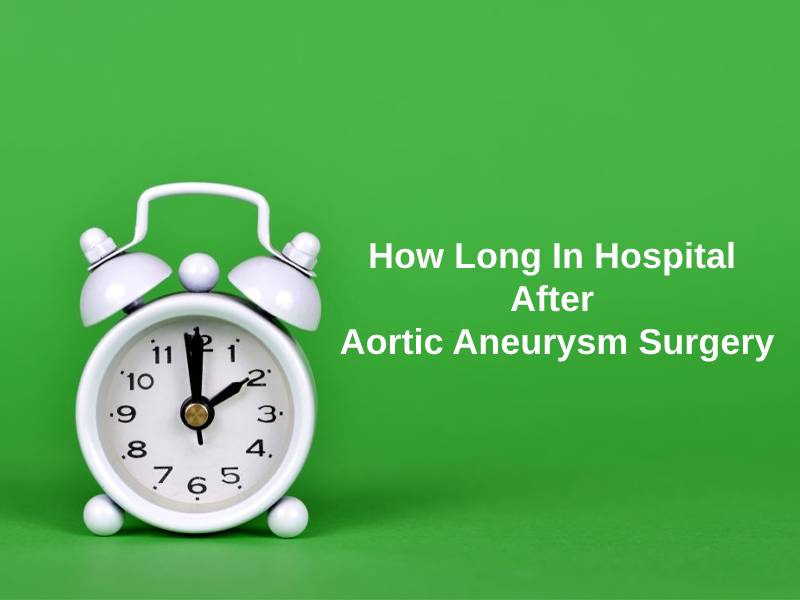
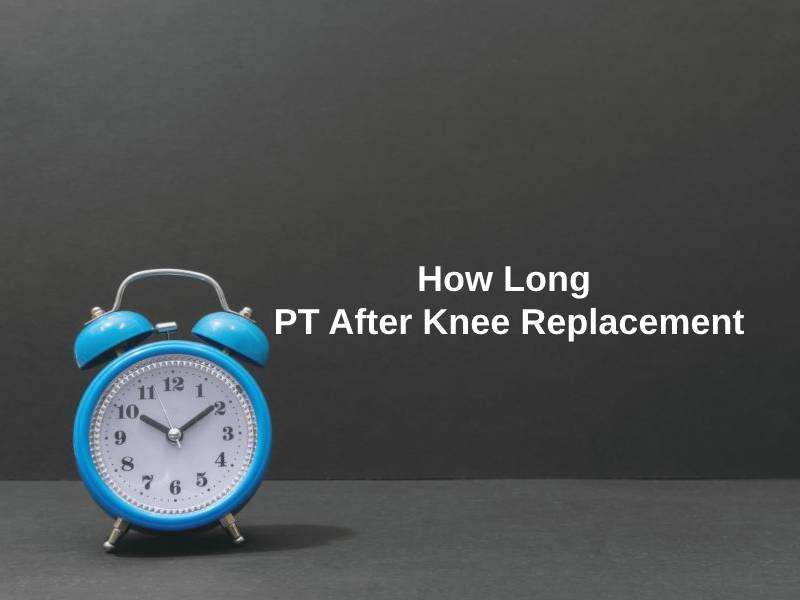
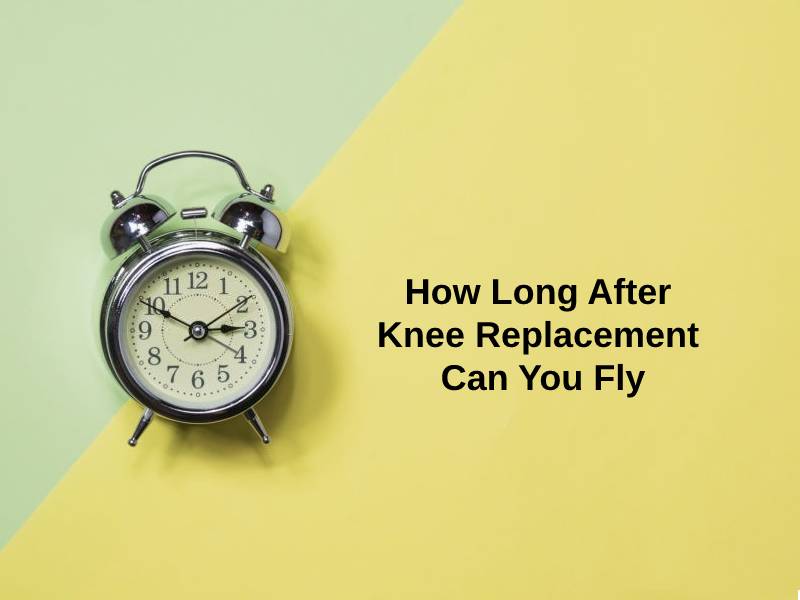
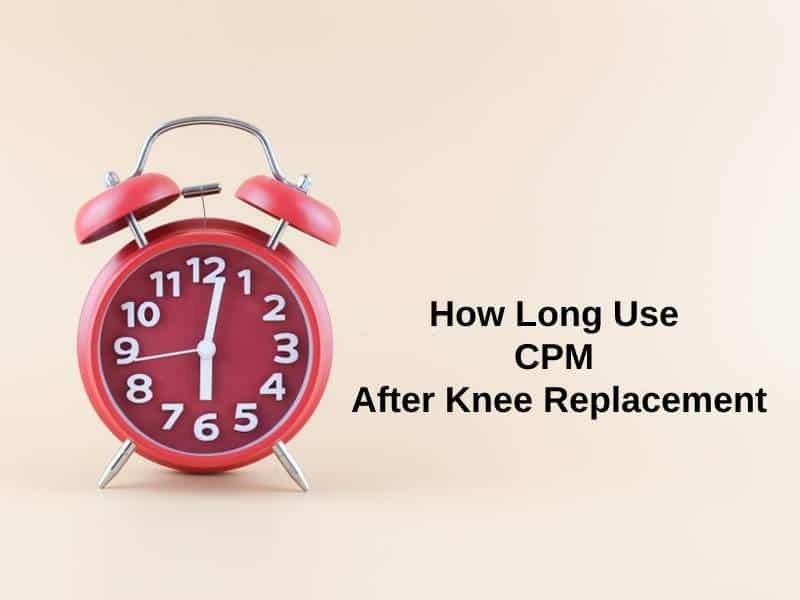
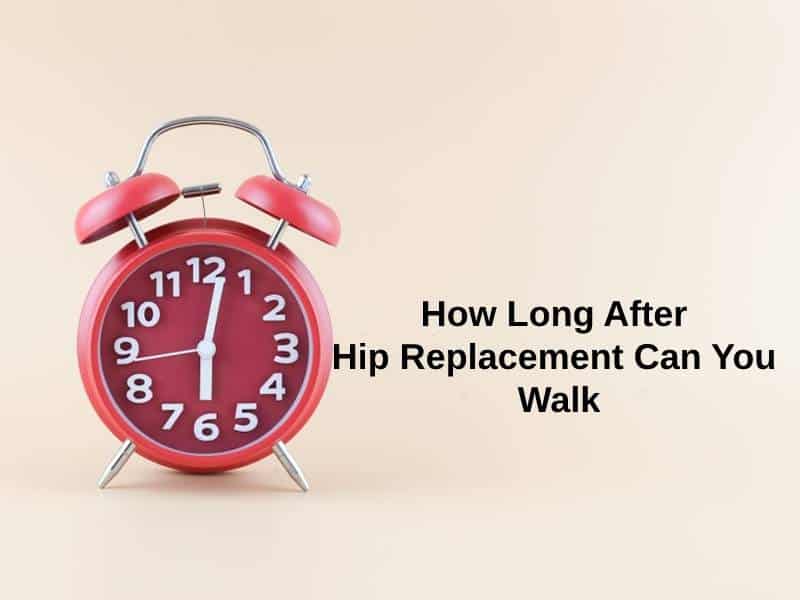
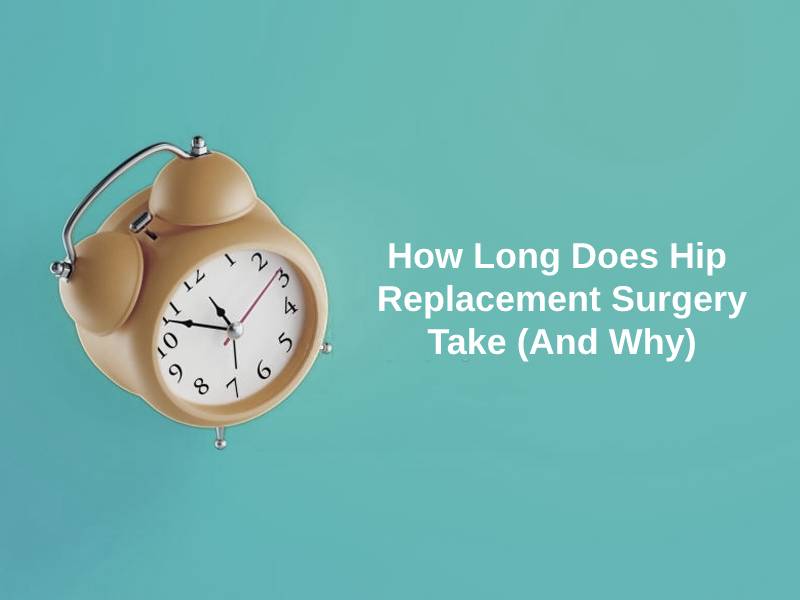
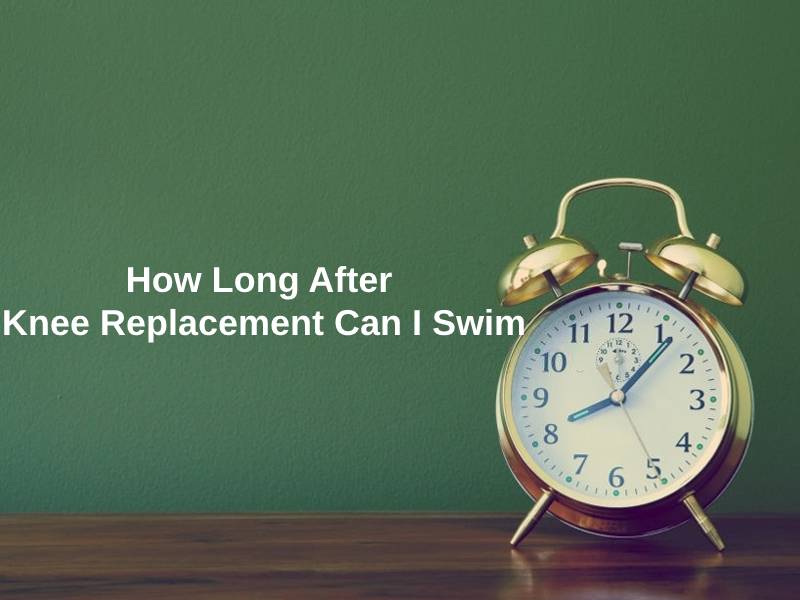
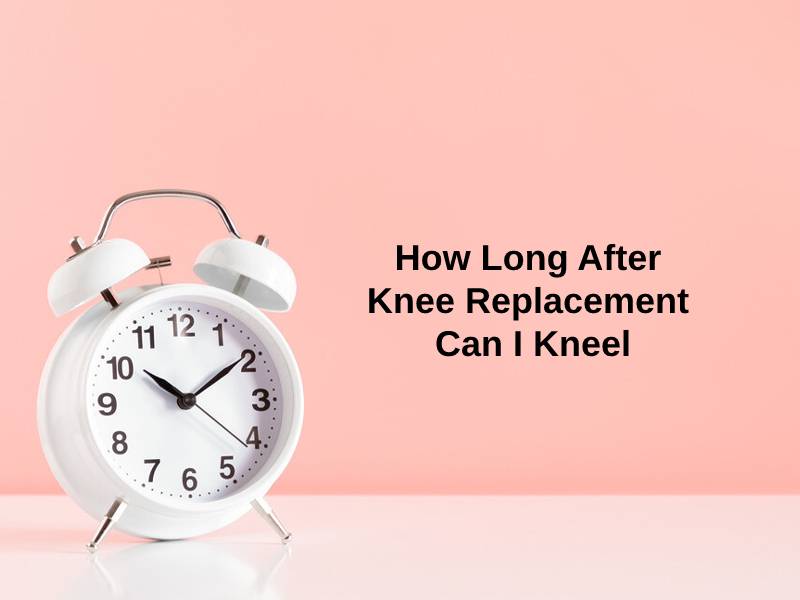
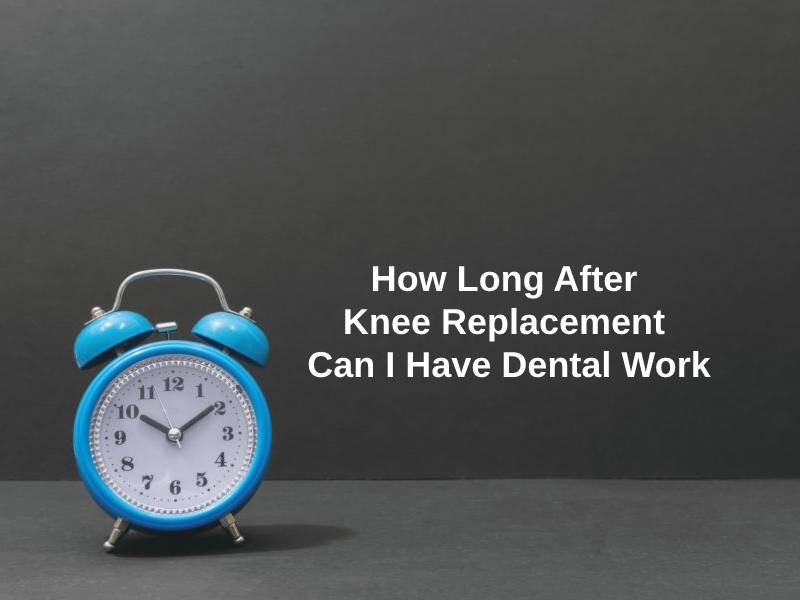



The article’s detailed explanation provides insights into why the recovery process is so instrumental and beneficial. It’s certainly educative.
Completely agree, this article is an excellent resource for patients and their loved ones.
The article presents a strong argument for the relevance of aortic valve surgery and offers detailed insights into the treatment process. Patients can benefit greatly from such valuable information.
Absolutely, the articulation of the post-surgery journey allows for greater understanding and preparedness for individuals going through this experience.
This article provides a sense of assurance and clear insights into post-surgery conditions, benefiting patients who may be unsure about what to expect after aortic valve replacement. It’s important to have this understanding.
It’s appreciable how the article addresses the patient’s perspective, giving a contextual understanding that can be particularly comforting.
The article’s coverage of reasons for aortic valve surgery and the different treatments available is very helpful. It gives patients a clear understanding of their condition’s scope and what to expect.
I agree, the article effectively communicates a complex medical subject in a clear and accessible way.
The article’s coverage of surgery and recovery is thorough, serving as a useful reference for individuals considering aortic valve replacement. It’s good to have such information readily accessible.
Indeed, the article presents the content in an easily understandable manner, which can be beneficial for those who are preparing for the surgery.
The article’s comical undertone lightens the mood around the complicated nature of aortic valve surgery, making the topic approachable and engaging. It’s a unique approach to addressing these medical subjects.
The humor in the article certainly makes the content more engaging, and it has a way of easing concerns about the surgery, which is quite interesting.
Indeed, the article strikes a balance between professionalism and a relatable touch, which is refreshing in such discussions.
This article is highly informative and provides a thorough understanding of what to expect after aortic valve replacement surgery. It’s great to see a wide range of medical scenarios included, ensuring that readers get a complete view of possible experiences.
The article is indeed comprehensive, but it could have been organized better to make the information easier to access.
Absolutely, the inclusion of the length of time the patient might stay in ICU and the explanation of why that is necessary is especially enlightening.
The article’s focus on post-surgery care and the rehabilitation process essentially guides individuals through what they can expect in the recovery phase, which is very helpful.
Absolutely, understanding what comes after the surgery is essential, and this article certainly fulfills that need.
This can help alleviate anxieties that patients may have leading up to aortic valve surgery. It provides reassurance and a clearer picture of what to expect.
Absolutely, the detailed explanation of the post-surgery process is indeed reassuring.
The article simply reinforces the importance of aortic valve care and compels readers to prioritize their health. It ensures that individuals are well-informed about surgery and recovery.
The clarity of the article is definitely useful for individuals who may be considering the surgery.